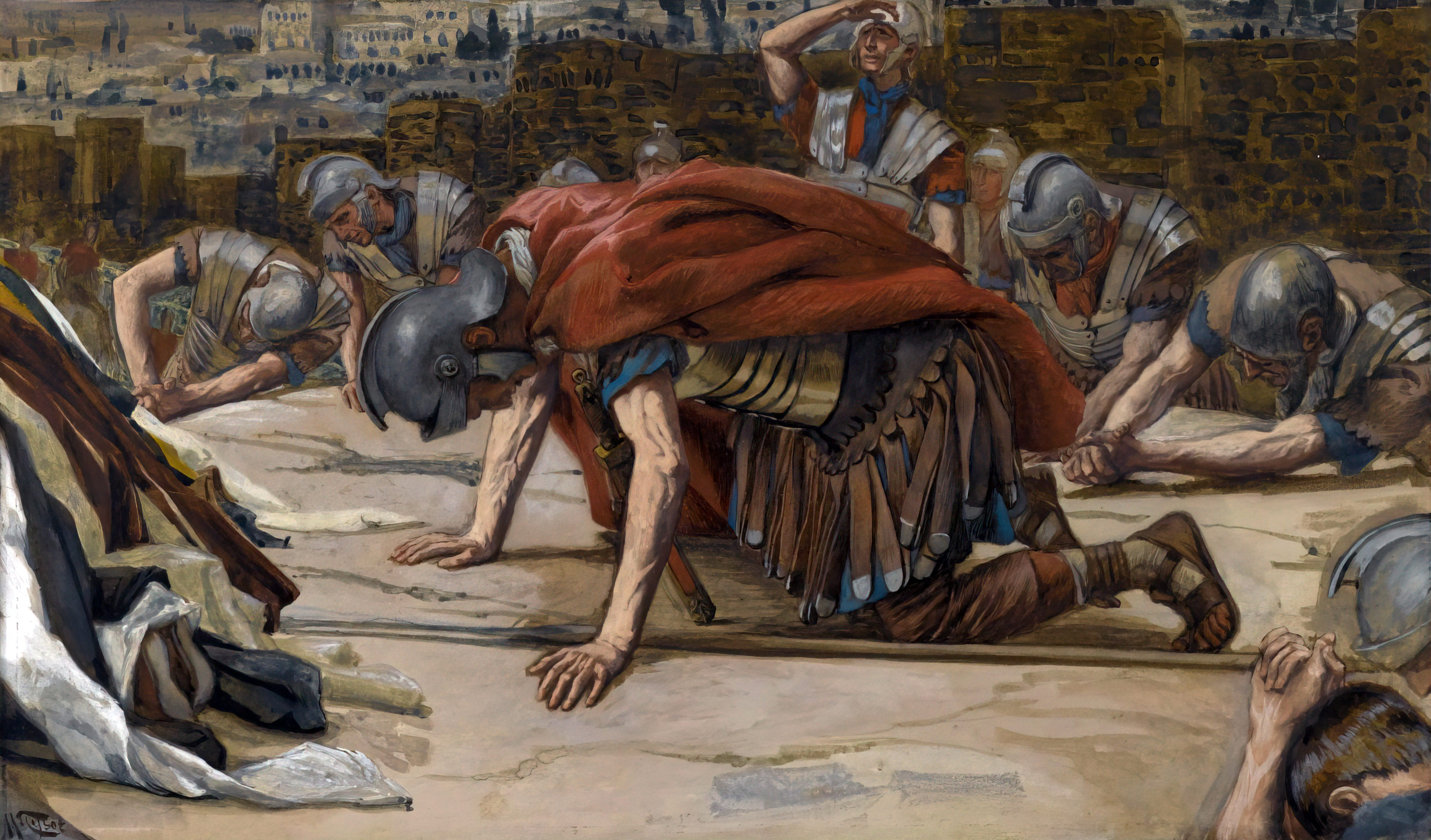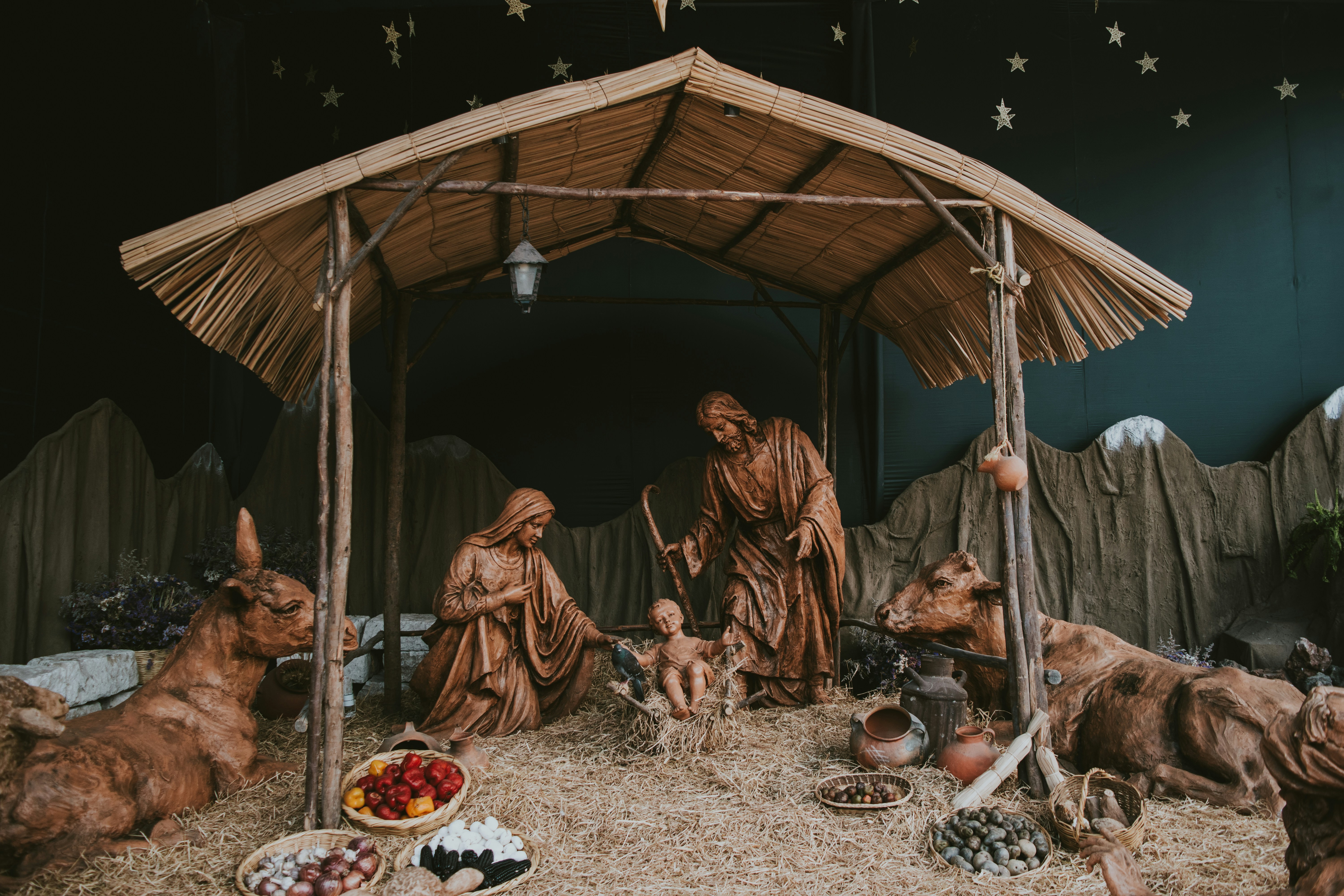As the birth of our Lord approaches, I reflect on the idea of why we celebrate Christmas. In the American culture, is it because of the gifts? Is it because of the flashy sales? No. It is about the humble beginnings of Christianity. Mary and Joseph were not rich, so when the Archangel Gabriel appeared to Mary and told her that she was to be the mother of God, it must have come as quite a shock. I would definitely freak out if I were in her position. Yet her answer to the angel was a very humble yes. Her faith and belief that God would provide, helped her to her fiat (her yes).
I was curious as to why Luke’s account of the Annunciation was chosen for the Gospel on the Feast of Our Lady of Guadalupe. I found that the Marian apparitions to a peasant in Mexico City, Juan Diego, could draw comparisons to the Annunciation. Juan Diego listened to Mary’s request for a church to be built in her honor. Juan Diego went to the Archbishop who at first didn’t believe him. Juan’s faith persevered, and he met with Mary on different occasions until his uncle fell ill, so he went to take care of him, just like how Mary went to Elizabeth. Mary appeared to Juan Diego on his journey to tell him that his uncle was healed. She then performed a miracle to help convince the Archbishop to build a small chapel where the apparitions were. Just like the miracle of Jesus’s birth initiated the building of Christianity.
With Christmas so close, Our Lady of Guadalupe calls us to reflect on the humble beginnings of the Church and how we should reflect on our own faith to be able to answer the call from God and say yes.
A medida que se acerca el nacimiento de nuestro Señor, reflexiono sobre la idea de por qué celebramos la Navidad. En la cultura estadounidense, ¿es por los regalos? ¿Es por las ventas espectaculares? No. Se trata de los humildes comienzos del cristianismo. María y José no eran ricos, así que cuando el Arcángel Gabriel se le apareció a María y le dijo que ella sería la madre de Dios, debe haber sido un gran shock. Definitivamente me asustaría si estuviera en su lugar. Sin embargo, su respuesta al ángel fue un sí muy humilde. Su fe y creencia en que Dios proveería la ayudaron a dar su fiat (su sí).
Sentí curiosidad por saber por qué se eligió el relato de la Anunciación según San Lucas para el Evangelio en la Fiesta de Nuestra Señora de Guadalupe. Descubrí que las apariciones marianas a un campesino en la Ciudad de México, Juan Diego, podrían generar comparaciones con la Anunciación. Juan Diego escuchó la petición de María de que se construyera una iglesia en su honor. Juan Diego fue al arzobispo, quien al principio no le creyó. La fe de Juan perseveró y se encontró con María en diferentes ocasiones hasta que fue a cuidar a su tío enfermó, al igual que María fue a cuidar a Isabel. María se le apareció a Juan Diego en el camino para decirle que su tío estaba curado. Luego realizó un milagro para ayudar a convencer al Arzobispo de construir una pequeña capilla donde se realizaran las apariciones. Al igual que el milagro del nacimiento de Jesús inició la construcción del cristianismo.
Con la Navidad tan cerca, Nuestra Señora de Guadalupe nos llama a reflexionar sobre los inicios humildes de la Iglesia y cómo debemos reflexionar sobre la propia fe para poder responder al llamado de Dios y decirle sí.
 Ben Hooper is originally from Maryland, having been adopted from Korea and growing up in the Catholic faith. He went to Franciscan University to dive deeper into his faith and eventually graduated with a degree in Business Management. He loves musical theater, sports, spending time with his fiancé Lily and their dog Kolbe.
Ben Hooper is originally from Maryland, having been adopted from Korea and growing up in the Catholic faith. He went to Franciscan University to dive deeper into his faith and eventually graduated with a degree in Business Management. He loves musical theater, sports, spending time with his fiancé Lily and their dog Kolbe.
Feature Image Credit: Cindy Kiernicki, https://art.diocesan.com/stock-photo/st-juan-diego-13902/


 Kathryn Mulderink, MA, is married to Robert, Station Manager for Holy Family Radio. Together they have seven children (including Father Rob), and eleven grandchildren. She is President of the local community of Secular Discalced Carmelites and has published five books and many articles. Over the last 30 years, she has worked as a teacher, headmistress, catechist, Pastoral Associate, and DRE, and as a writer and voice talent for Catholic Radio. Currently, she serves the Church by writing and speaking, and by collaborating with various parishes and to lead others to encounter Christ and engage their faith. Her website is
Kathryn Mulderink, MA, is married to Robert, Station Manager for Holy Family Radio. Together they have seven children (including Father Rob), and eleven grandchildren. She is President of the local community of Secular Discalced Carmelites and has published five books and many articles. Over the last 30 years, she has worked as a teacher, headmistress, catechist, Pastoral Associate, and DRE, and as a writer and voice talent for Catholic Radio. Currently, she serves the Church by writing and speaking, and by collaborating with various parishes and to lead others to encounter Christ and engage their faith. Her website is 
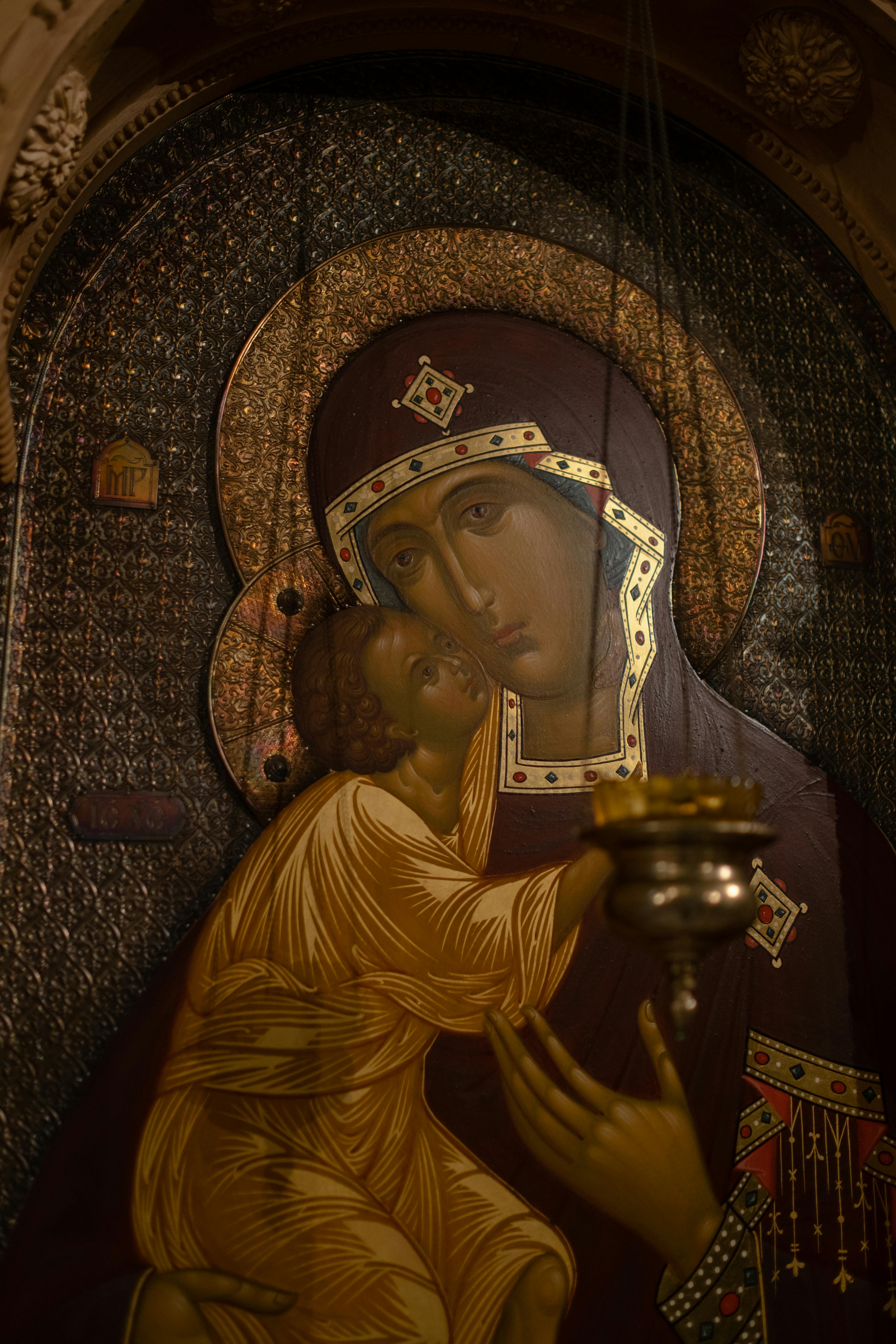
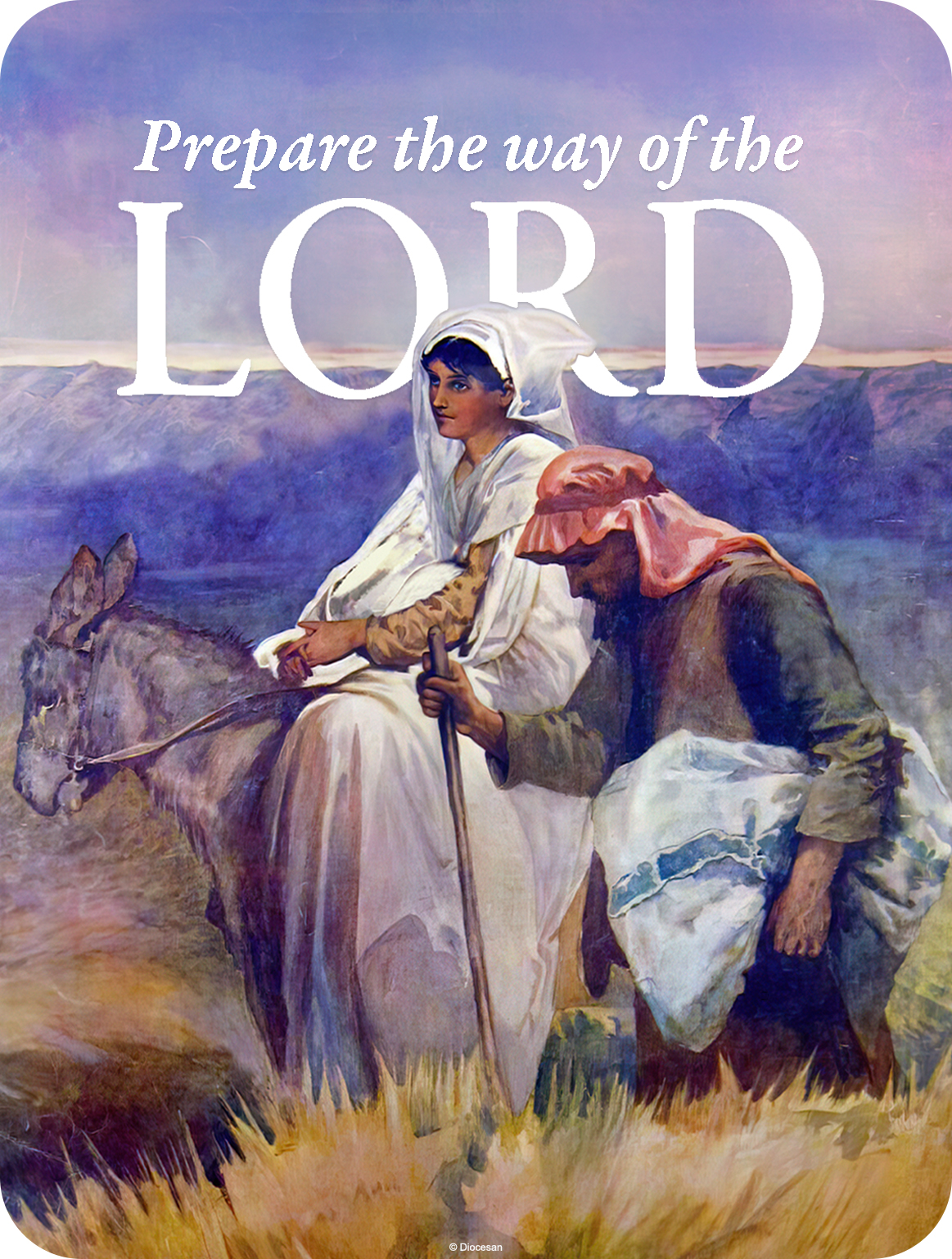
 Allison Gingras (
Allison Gingras (

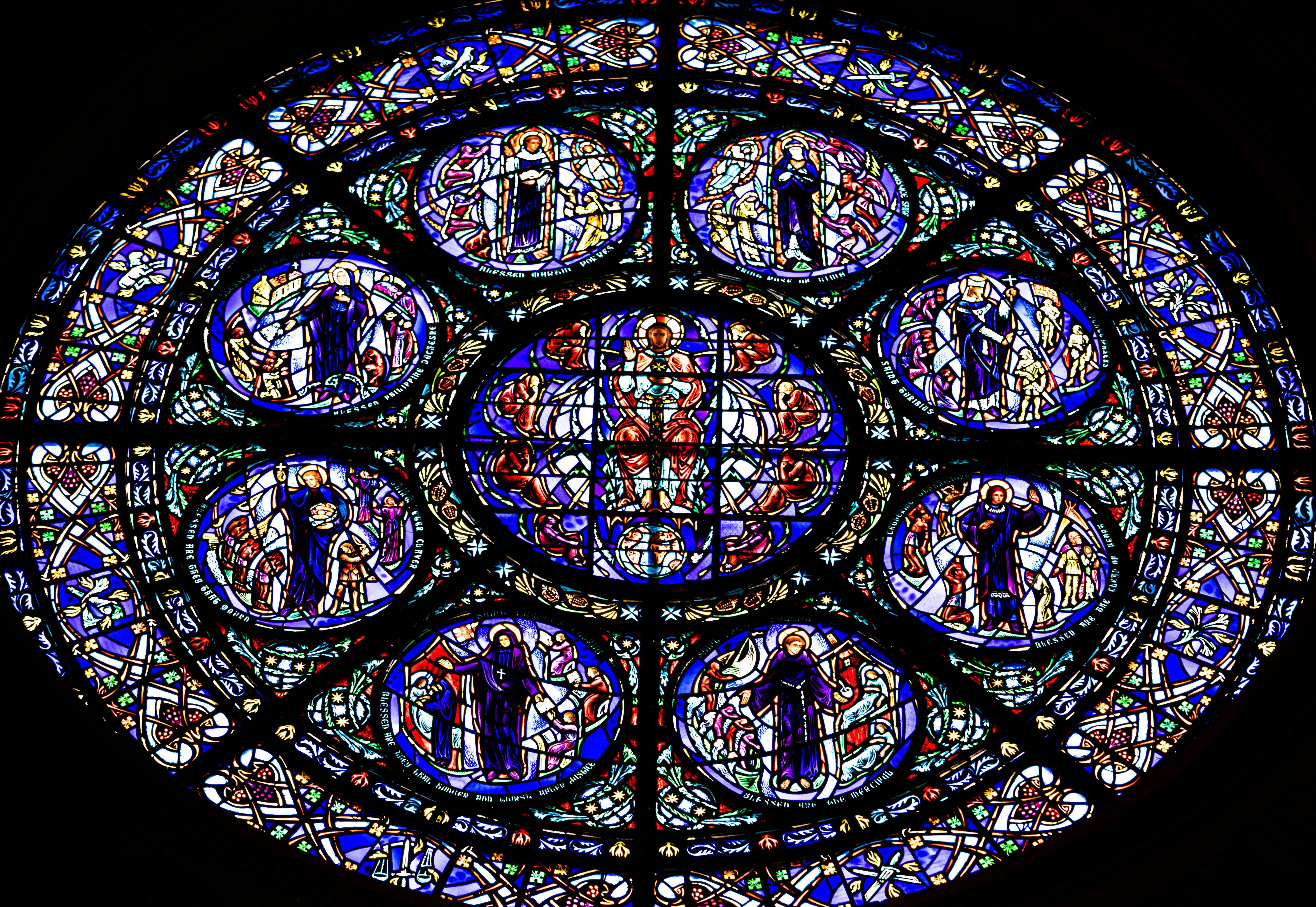
 Tami Urcia grew up in Western Michigan, a middle child in a large Catholic family. She spent early young adulthood as a missionary in Mexico, studying theology and philosophy, then worked and traveled extensively before finishing her Bachelor’s Degree in Western Kentucky. She loves tackling projects, finding fun ways to keep her little ones occupied, quiet conversation with the hubby and finding unique ways to love. She works full time at Diocesan, is a guest blogger on
Tami Urcia grew up in Western Michigan, a middle child in a large Catholic family. She spent early young adulthood as a missionary in Mexico, studying theology and philosophy, then worked and traveled extensively before finishing her Bachelor’s Degree in Western Kentucky. She loves tackling projects, finding fun ways to keep her little ones occupied, quiet conversation with the hubby and finding unique ways to love. She works full time at Diocesan, is a guest blogger on 
 David Dashiell is a freelance author and editor in the Nashville, Tennessee area. He has three children, a degree in theology, and enjoys writing about philosophy, theology, culture, music, and comedy. You can find his personal blog, Serious Daydreams, on
David Dashiell is a freelance author and editor in the Nashville, Tennessee area. He has three children, a degree in theology, and enjoys writing about philosophy, theology, culture, music, and comedy. You can find his personal blog, Serious Daydreams, on 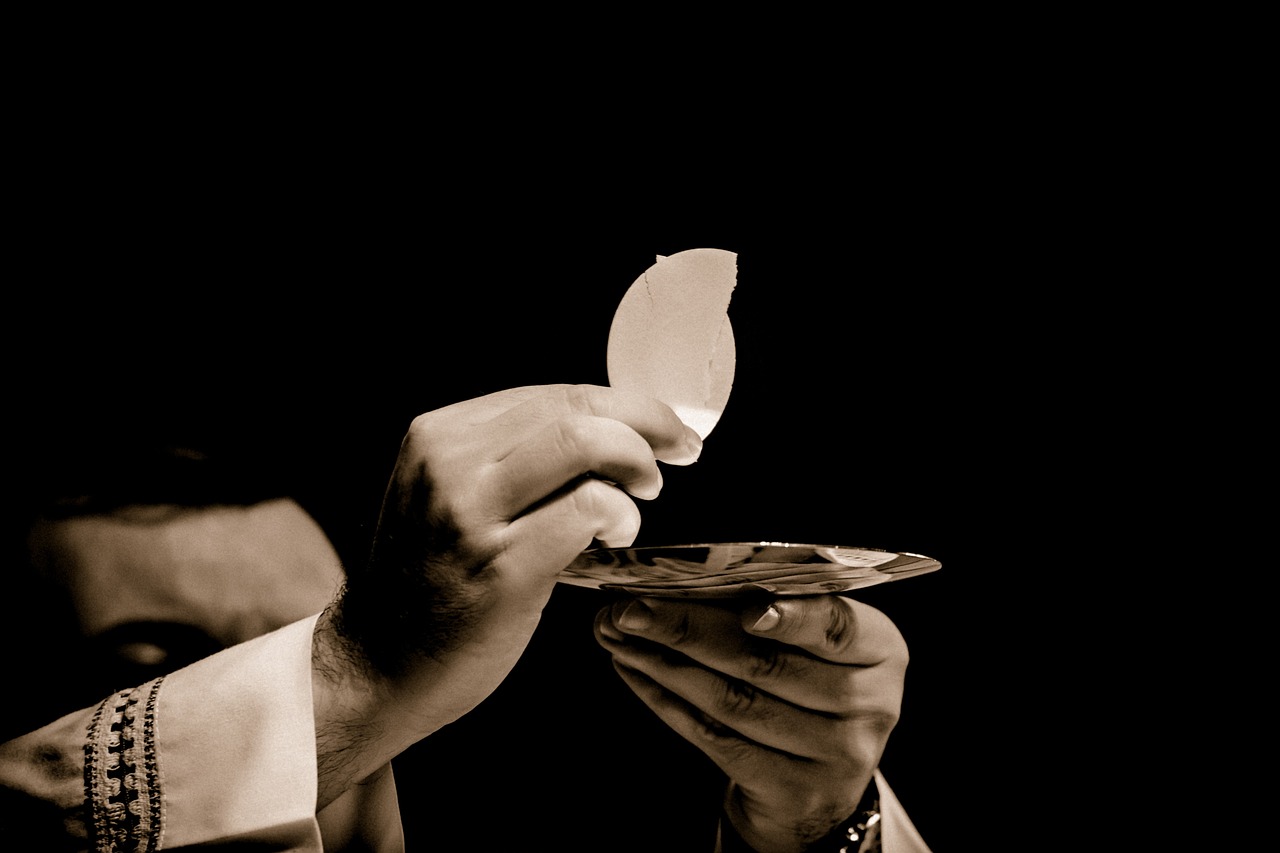

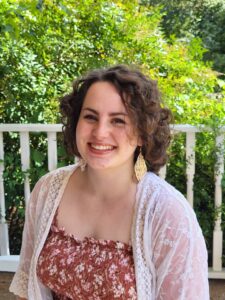 Hailing from Nashville, Catherine is a graduate of Christendom College with a lifelong passion for words. Her love of writing and her Catholic Faith continue to shape her as a freelance editor, copywriter, and (aspiring) novelist, where she pursues her passions for the love and greater glory of God.
Hailing from Nashville, Catherine is a graduate of Christendom College with a lifelong passion for words. Her love of writing and her Catholic Faith continue to shape her as a freelance editor, copywriter, and (aspiring) novelist, where she pursues her passions for the love and greater glory of God.